20% off €35
Code:SAVE20
Health & Wellness
2895 items
Sort by: Popular

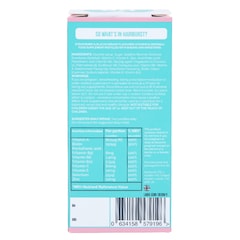



Hairburst
Chewable Hair Vitamins 30 Day Supply 60 Pastilles
(863)
Buy one get one 1/2 price
€28.49
€0.47/1 Chewable
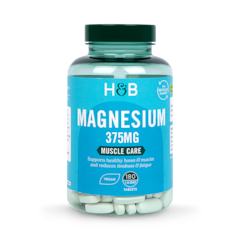
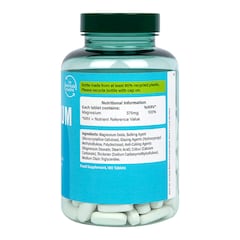
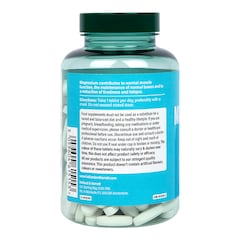
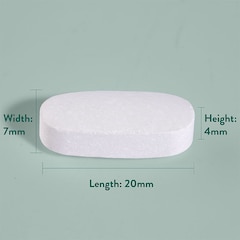
Holland & Barrett
Magnesium 375mg 180 Tablets
(1525)
3 for 2 Mix & Match
€16.49
€0.09/1 Tablet
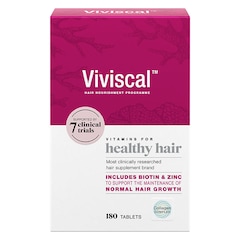
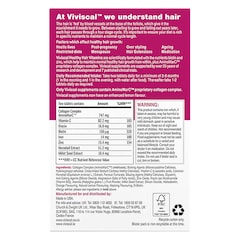
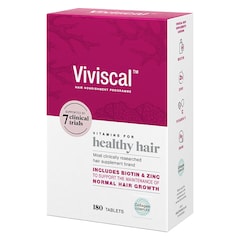

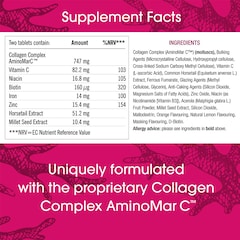
Viviscal
Healthy Hair Vitamins 180 Tablets
(1097)
Buy one get one 1/2 price
€139.99
€0.78/1 Tablet
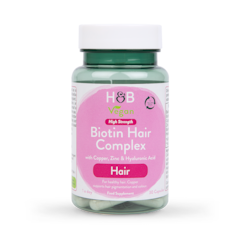
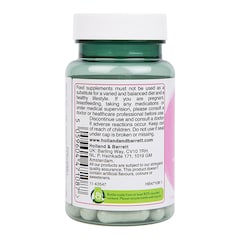
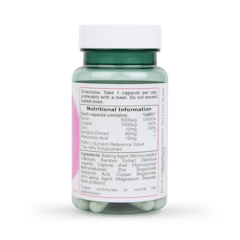
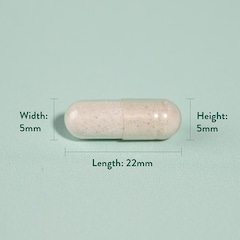

Holland & Barrett
Biotin Hair High Strength Complex 30 Capsules
(198)
3 for 2 Mix & Match
€16.89
€0.56/1 Capsules
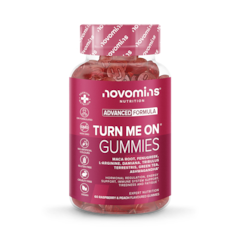
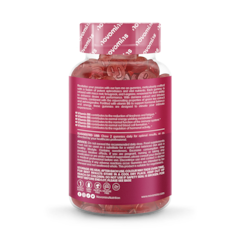
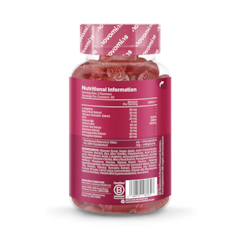
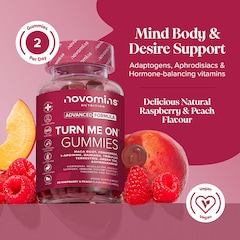

Novomins
Libido Raspberry & Peach Flavour 60 Gummies
(62)
€22.99
€0.38/1 Chewable

Vitabiotics
Perfectil Plus Hair 60 Tablets
(69)
Buy one get one 1/2 price
€37.49
€0.62/1 Tablet
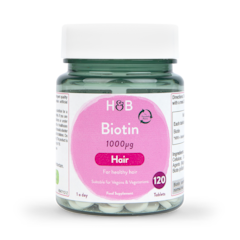
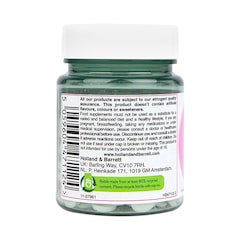
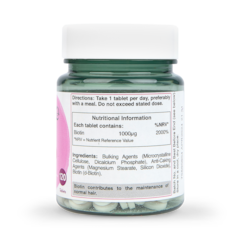
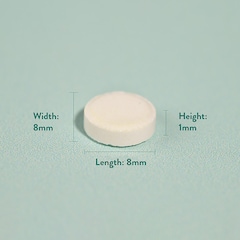
Holland & Barrett
Biotin 1000ug 120 Tablets
(590)
3 for 2 Mix & Match
€20.19
€0.17/1 Tablet

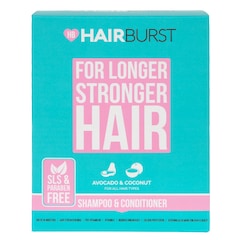



Hairburst
Shampoo x 350ml & Conditioner x 350ml Set
(561)
Buy one get one 1/2 price
€38.99
€0.56/10 ml
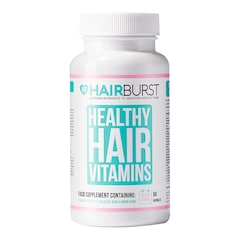
Hairburst
Healthy Hair Vitamins 60 Capsules
(515)
Buy one get one 1/2 price
€35.99
€0.60/1 Capsules
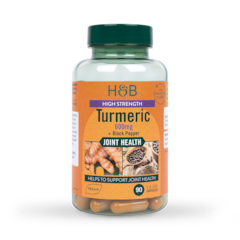
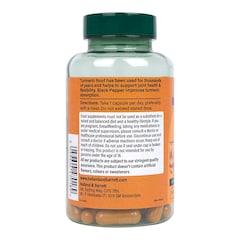
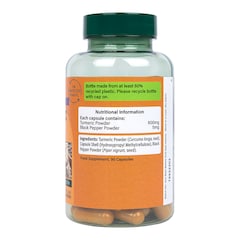
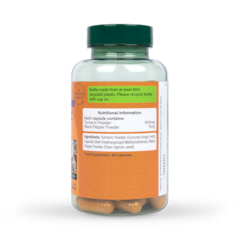
Holland & Barrett
High Strength Turmeric 600mg with Black Pepper 90 Capsules
(2258)
3 for 2 Mix & Match
€22.49
€0.25/1 Capsules

Pro-Ven
Pro-ven Biotics Women’s Lactobacillus With Cranberry 30 Capsules
(155)
Buy one get one 1/2 price
€25.99
€0.87/1 Capsules
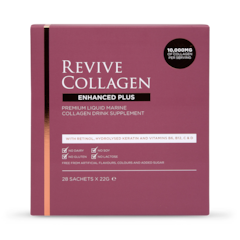
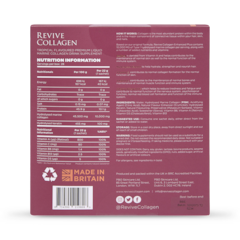



Revive Collagen
Enhanced Plus Premium Liquid Marine Collagen Drink 10,000mgs 28 Sachets
(165)
Buy one get one 1/2 price
€99.99
€3.57/1 Sachet

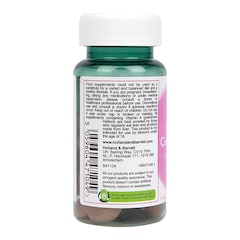
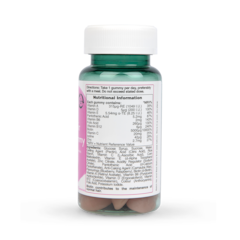
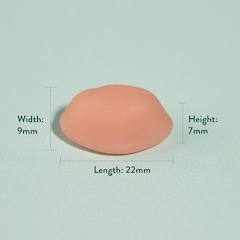
Holland & Barrett
Vegan Biotin Hair Complex 30 Gummies
(123)
3 for 2 Mix & Match
€21.49
€0.72/1 Chewable
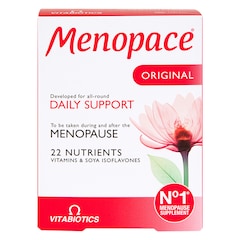
Vitabiotics
Menopace 90 Tablets
(303)
Buy one get one 1/2 price
€34.99
€0.39/1 Tablet
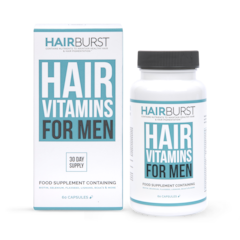
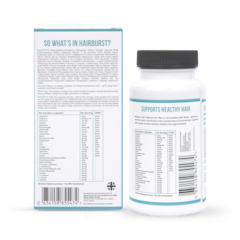
Hairburst
Hair Vitamins For Men 60 Capsules 1 Month Supply
(40)
Buy one get one 1/2 price
€35.99
€0.60/1 Capsules




Bragg
Organic Apple Cider Vinegar with The Mother 946ml
(1137)
€14.60
€1.54/100 ml
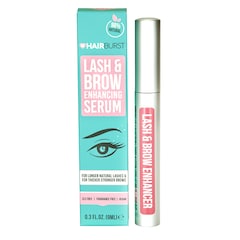
Hairburst
Lash & Brow Enhancing Serum 9ml
(51)
Buy one get one 1/2 price
€47.49
€52.77/10 ml
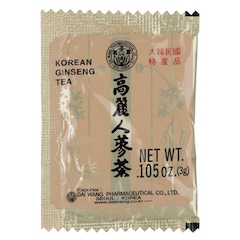
Dai Wang
Korean Ginseng Tea 3g
(119)
Buy one get one 1/2 price
€0.85
€28.33/100 g
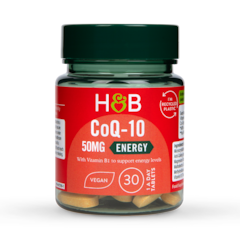
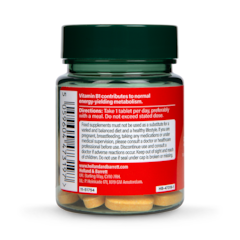
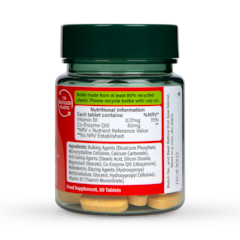
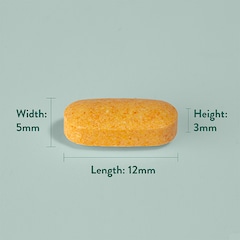
Holland & Barrett
Co-Q10 50mg 30 Tablets
(287)
3 for 2 Mix & Match
€12.99
€0.43/1 Tablet
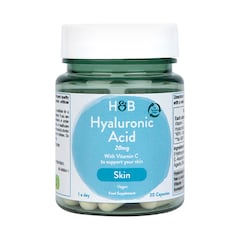
Holland & Barrett
Hyaluronic Acid 20mg 30 Capsules
(112)
3 for 2 Mix & Match
€12.39
€0.41/1 Capsules
)
)
)
)
)
)
)
)
